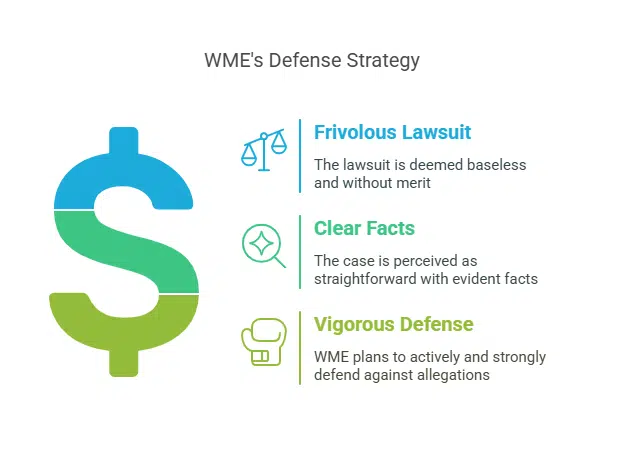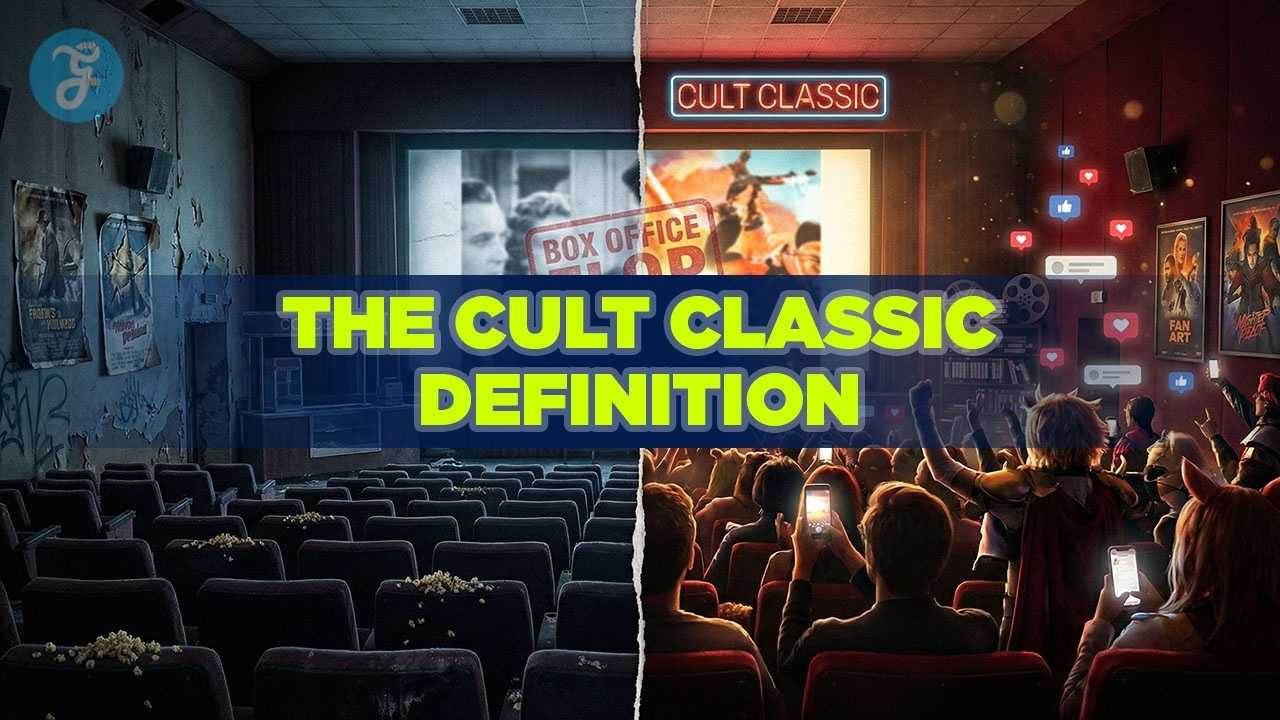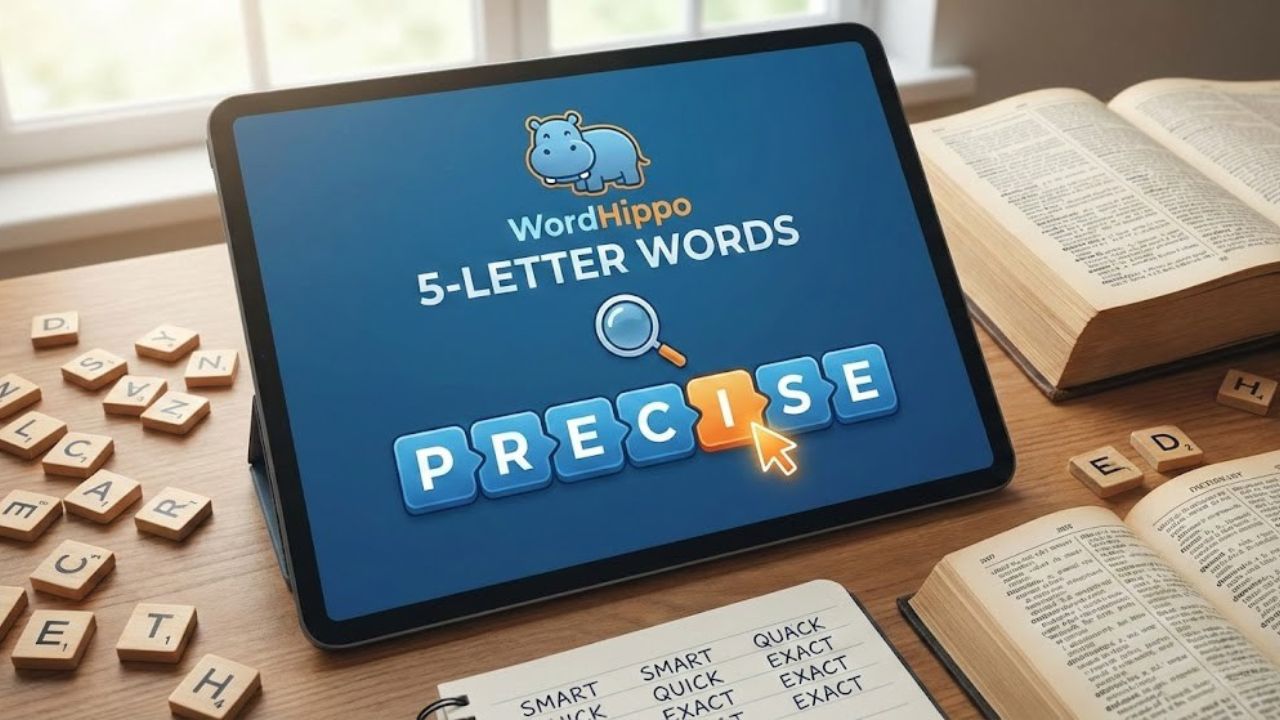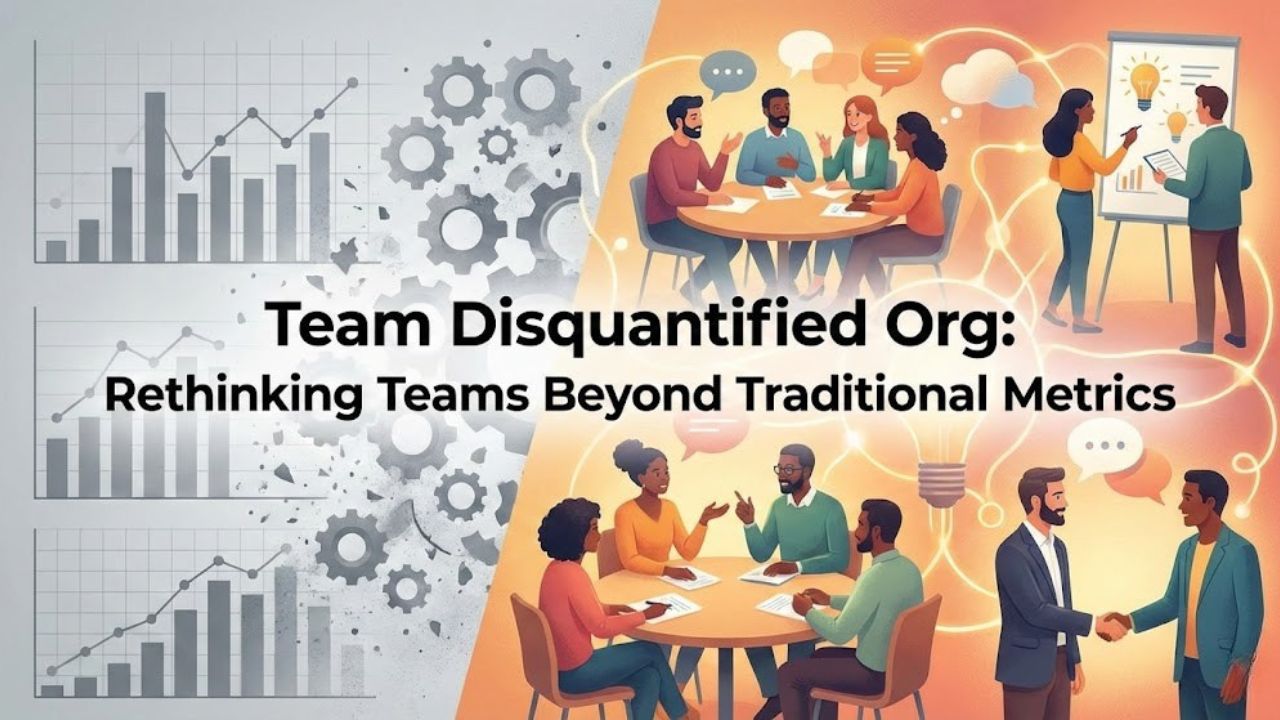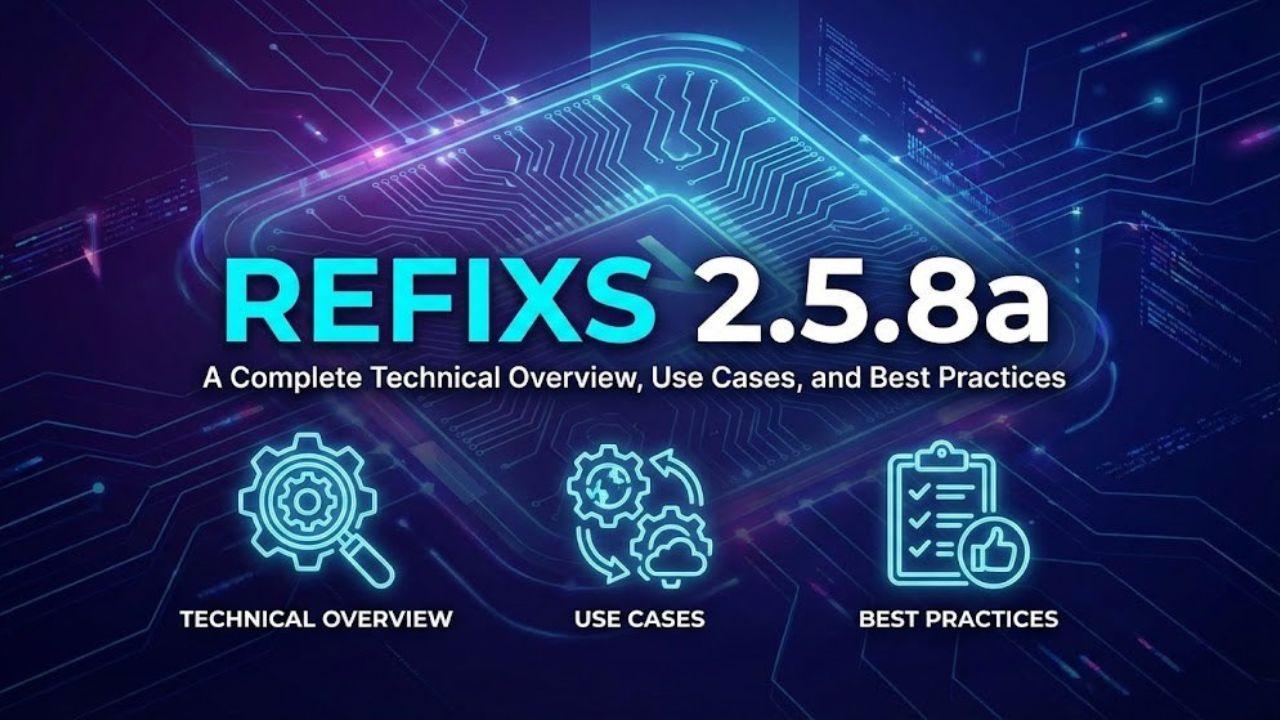A new legal dispute has erupted in the independent film world, involving a high-profile cast and production team. Actor-producers Alison Brie and Dave Franco, along with writer-director Michael Shanks, are facing serious allegations of copyright infringement over their upcoming body horror film Together. The lawsuit, filed on Tuesday, May 13, 2025, by independent production company StudioFest, claims that Together unlawfully copies core elements of the 2023 indie film Better Half, which StudioFest produced and released as its debut feature.
Also named in the lawsuit are the powerful talent agency WME (William Morris Endeavor) — which represents Shanks, Brie, and Franco — and Neon, the independent film distributor that purchased Together out of the 2025 Sundance Film Festival for a record-breaking $17 million, the highest deal made at the festival this year.
Key Allegations: A “Blatant Rip-Off” of Plot, Characters, and Creative Elements
In the federal lawsuit filed in Los Angeles, StudioFest alleges that Together is not an original creation, but instead a clear and intentional copy of Better Half, a 2023 romantic indie film written and directed by Patrick Henry Phelan, a former assistant director in New York and graduate of USC’s prestigious MFA program.
According to the 44-page legal filing, Better Half tells the story of a couple who wake up one morning to find that their bodies have been mysteriously fused together, an unsettling yet metaphorical representation of their increasingly toxic codependent relationship. The film, which was shot under a modest budget, was Phelan’s first feature and was completed through StudioFest’s independent filmmaking platform.
The complaint alleges that in August 2020, Phelan’s script for Better Half was formally submitted to Franco and Brie’s agents at WME by a casting director. The intention, according to the suit, was to offer the married actors the lead roles in the movie. However, Brie and Franco turned down the offer, citing an interest in producing the film independently. The suit claims that instead of collaborating with StudioFest, the pair sought to develop their own version of the story by involving WME talent and packaging the film under their own creative banner.
StudioFest states it only became aware that Brie and Franco were starring in and producing Together when promotional materials for the film began circulating ahead of its January 2025 premiere at Sundance.
Detailed Similarities Cited in the Complaint
The lawsuit goes beyond surface-level accusations. StudioFest lays out an extensive list of similarities that they say point to deliberate copying of their original work. Among the alleged parallels:
-
Central Premise: Both films revolve around a romantic couple who mysteriously wake up to find their bodies physically fused together. This central image is presented as a metaphor for emotional enmeshment and co-dependency.
-
Philosophical Reference: Both films reference Plato’s “Symposium”, particularly the myth that humans were originally dual-bodied creatures who were split apart by Zeus, forever longing to be whole again. According to the suit, the inclusion of this metaphor is highly specific and unlikely to appear coincidentally in two unrelated films.
-
Identical Dialogue and Mood: Several lines of dialogue and stylistic choices — including tone, mood, pacing, and character development — are claimed to be strikingly similar between the two films.
-
Music Cue: Both films feature a nearly identical emotional scene in which the couple listens to the 1990s hit “2 Become 1” by the Spice Girls, using the song to underscore their fusion and emotional realization.
-
Character Archetypes: In both films, one half of the couple is depicted as a free-spirited artist with commitment issues, while the other plays the role of the responsible, emotionally grounded partner, reflecting a dynamic that drives the tension and humor in the story.
-
Structure and Sequence of Events: The pacing and progression of the films — from the couple’s discovery of their condition, to their emotional confrontations, attempts to separate, and final resolution — follow what the suit calls a “nearly identical sequence.”
WME and Defendants Respond: Lawsuit Called “Frivolous”
In response to the lawsuit, a spokesperson for WME issued a strongly worded statement denying all wrongdoing.
“This lawsuit is frivolous and without merit,” said the WME representative. “The facts in this case are clear, and we plan to vigorously defend ourselves against these allegations.”
As of this writing, Neon, Dave Franco, Alison Brie, and Michael Shanks have not made any public statements regarding the lawsuit. However, legal experts suggest that if the case moves forward, it could draw considerable attention in the entertainment industry due to the involvement of high-profile figures and a record-setting film acquisition.
About the Films: ‘Better Half’ vs. ‘Together’
Better Half (2023)
-
Written and Directed by: Patrick Henry Phelan
-
Produced by: StudioFest
-
Genre: Indie romantic dramedy with surreal elements
-
Synopsis: A one-night stand takes a bizarre twist when two strangers wake up fused together at the torso. They must navigate daily life — and each other’s emotions — while searching for a cure, learning more about themselves along the way.
Better Half received limited theatrical screenings and modest acclaim on the indie festival circuit, including selections at Brooklyn Film Festival and Dances With Films in Los Angeles.
Together (2025)
-
Directed by: Michael Shanks
-
Starring: Alison Brie and Dave Franco
-
Distributed by: Neon
-
Genre: Supernatural body horror, dark comedy
-
Premiere: 2025 Sundance Film Festival
-
U.S. Release Date: July 30, 2025
In Together, a married couple on the brink of divorce relocate to a remote cabin in the woods to repair their relationship. After a tense argument, they wake up to discover that their bodies are literally fused together, forcing them to confront their deepest emotional dysfunctions — or stay stuck forever.
The film made headlines after Neon acquired global distribution rights at Sundance for a reported $17 million, marking the biggest acquisition deal of this year’s festival season.
Legal Stakes and Industry Implications
StudioFest is seeking monetary damages and a court injunction to prevent further distribution or promotion of Together, which is currently slated for theatrical release in late July. If the lawsuit succeeds, it could delay or block the film’s release altogether.
Copyright infringement cases in Hollywood are often difficult to prove, especially when it involves common themes or archetypes. However, the specificity of the alleged similarities — including dialogue, music selection, and sequence structure — may give this case a unique edge.
Legal analysts note that if StudioFest can provide concrete documentation of the original pitch, including emails and timestamped submissions, it could shift the case from speculative to substantive.
A Copyright Battle With High Stakes
This lawsuit touches on broader industry concerns about creative ownership, the exploitation of indie projects by larger entities, and the role of agencies in potentially steering ideas toward their own clients.
As Together gears up for its official release on July 30, 2025, the court battle behind the scenes may cast a shadow over what was once one of Sundance’s most celebrated deals. With Hollywood closely watching the case’s outcome, the dispute between StudioFest and the star-powered team behind Together could have lasting implications on how independent pitches are handled — and protected — in the modern entertainment ecosystem.



